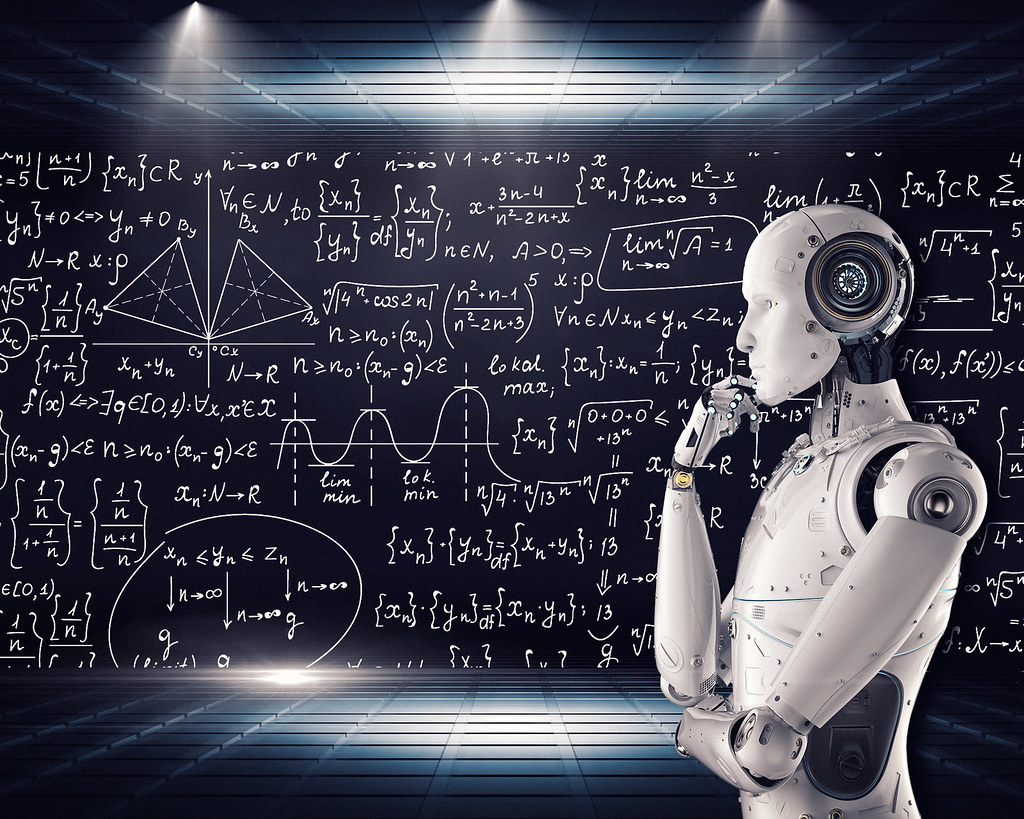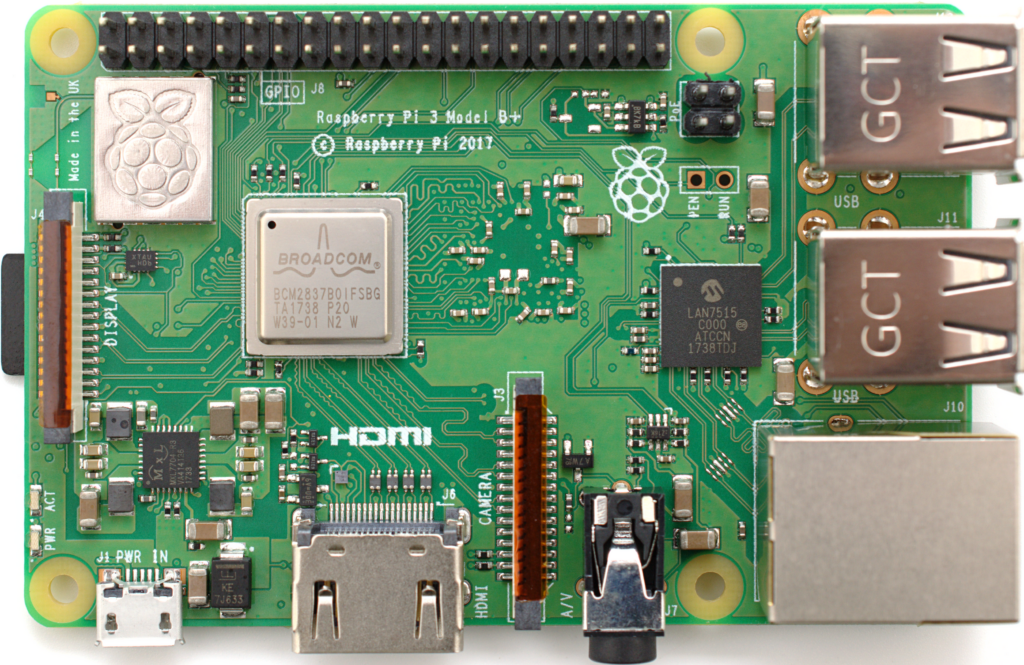The rapid integration of artificial intelligence (AI) into military technology has sparked a heated debate among experts and ethicists. A recent Public Citizen report has raised alarms over the use of AI in weapon systems, particularly those capable of operating autonomously, which could administer lethal force without human intervention. This development is not only a potential violation of international human rights law but also raises profound ethical and accountability concerns.

The Pentagon’s policies do not currently prohibit the deployment of autonomous weapons, also known as ‘killer robots.’ These weapons are programmed to make autonomous decisions, a concept that inherently dehumanizes targeted individuals and eases the tolerance for widespread killing. The Public Citizen report underscores the risks involved in the introduction of AI into the Pentagon’s battlefield decision-making and weapons systems, including the significant risk of mistaken target selection.
Jessica Wolfendale, a professor of philosophy at Case Western Reserve University, emphasizes the accountability gap that arises when autonomous weapons make decisions or select targets without direct human input. In the event of a civilian casualty mistaken for a legitimate military target, the question of who is responsible becomes complex and could potentially constitute a war crime. ‘Once you have some decision-making capacity located in the machine itself, it becomes much harder to say that it ought to be the humans at the top of the decision-making tree who are solely responsible,’ Wolfendale explains.
The Pentagon has issued a DOD Directive in January 2023, outlining their policy on the development and use of autonomous and semi-autonomous functions in weapon systems. It states that AI capabilities will be used in accordance with the DOD AI Ethical Principles and that individuals who authorize, direct, or operate these systems will do so with care and under the law of war and other applicable treaties and rules. The directive also commits to minimizing unintended bias in AI capabilities. However, critics argue that the policy has significant shortcomings, such as the ability to waive senior review of autonomous weapon development and deployment in urgent military situations.
Jeremy Moses, an associate professor at the University of Canterbury, argues that autonomous weapons are no more dehumanizing than other weapons of war. ‘Dehumanization of the enemy will have taken place well before the deployment of any weapons in war,’ he states. Moses contends that the focus should not be on the technology itself but on the decision-makers who deploy it.
The Public Citizen report urges the United States to commit to not deploying autonomous weapons and to back global initiatives for negotiating a treaty on this matter. However, the development of these weapons is progressing rapidly worldwide, driven by geopolitical rivalries and the military-industrial complex.
While dealing with the ethical implications of AI in military applications, it is essential to keep in mind that humans are ultimately responsible for the deployment and consequences of these systems. The debate over the ethics of AI in warfare should not distract us from the underlying politics of dehumanization that legitimize war and killing. It is a reminder that the advancement of military technology must be accompanied by rigorous ethical scrutiny and accountability.
Related posts:
Experts alarmed over AI in military as Gaza turns into “testing ground” for US-made war robots
AI in Warfare: The Ethical Quandary of Autonomous Weapons in Gaza





